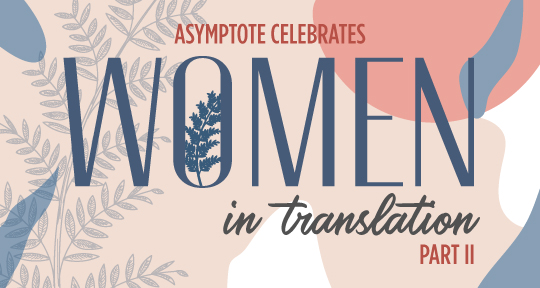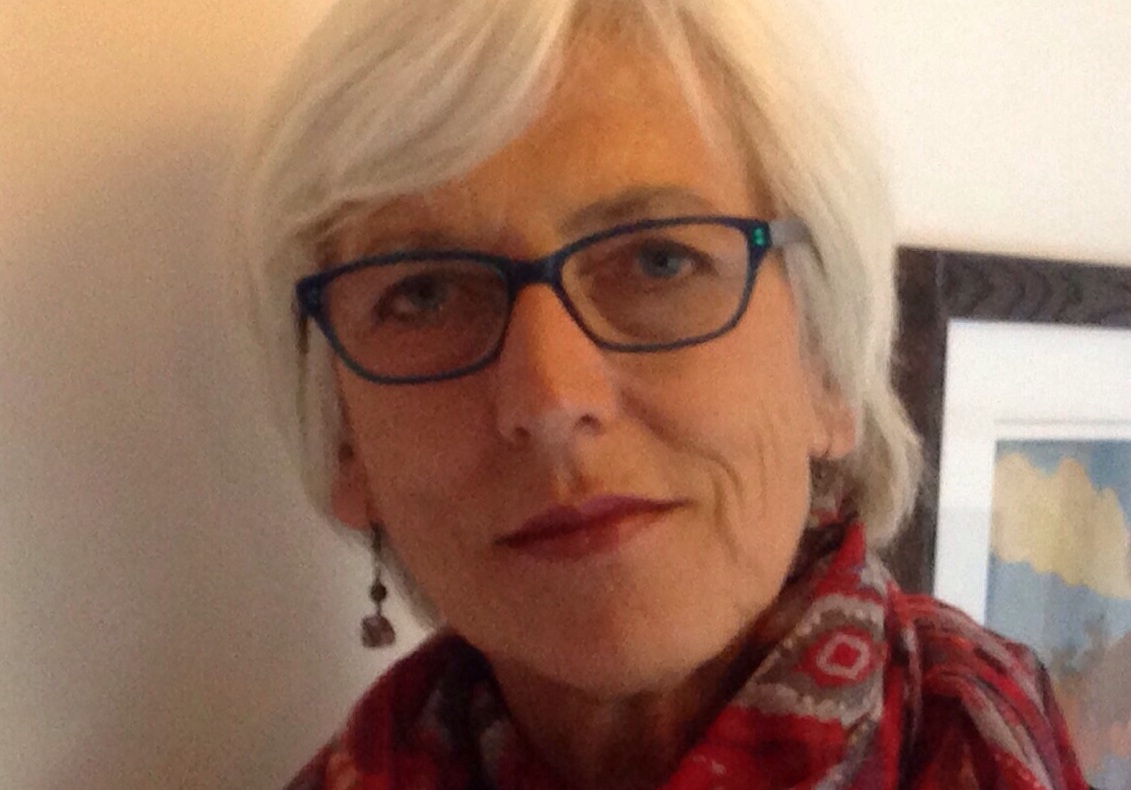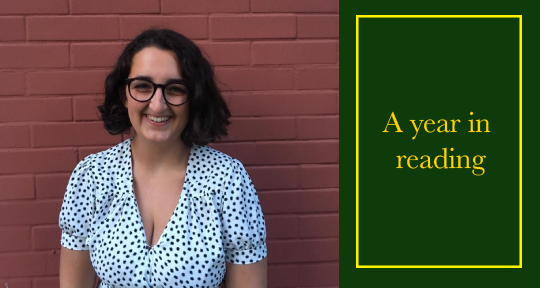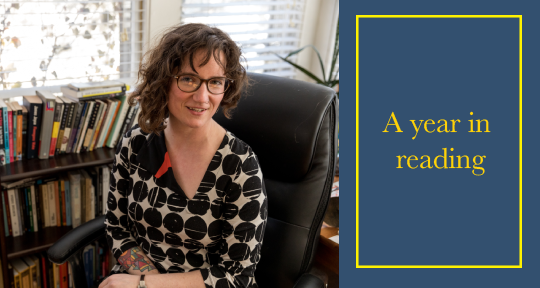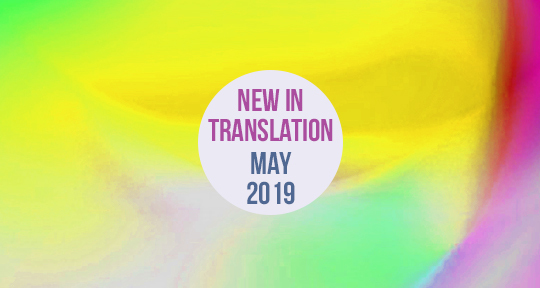We are proud to present the Fall 2020 issue of Asymptote, debuting new work from 32 countries:.
This cornucopia of poetry, fiction, nonfiction, drama, reviews, and more includes such treats as a sparkling new translation of Nobel Laureate Rabindranath Tagore’s century-old fiction, an exclusive interview with rising star Andrés Neuman, and Elisabeth S. Clark’s polyphonic book concertos.
Perfectly timed to coincide with Marieke Lucas Rijneveld and Michele Hutchison winning the 2020 International Booker Prize, our Dutch Literature Feature, guest curated by Hutchison, zooms in on the emerging and established voices of a small but mighty country. Here you can sample the English debuts of Curaçao-born Radna Fabias, whose first collection swept up an unprecedented number of major poetry prizes, and of Sinan Çankaya, whose best-selling memoir My Innumerable Identities recounts his efforts to combat racism in the Dutch police from the inside—only to be othered for his Turkish origins.
Elsewhere, Ali Lateef’s bittersweet “The Belle and Gazelle Statue” uses a public monument to illustrate the changing face of Tripoli after the 2011 Libyan Civil War. The unease of our current moment is captured in Ariana Harwicz’s “Longevity,” a cathartic tale about the effects of a pandemic-caused lockdown on a small rural community in France. Somewhere between nature writing and memoir stands Itō Hiromi’s essay on migratory plants and how the concept of “the Other” manifests in different cultures. The lure of the foreign propels both Vadim Muratkhanov’s dispatch from Tashkent’s labyrinthine Tezikova market and Hungarian essayist Noémi Kiss’s travel into the remote wonders of Azerbaijan.
Wherever we are, we find comfort in the global literary voices of our time, for even when they reveal harsh truths about our world, they give us hope, inspire mutual understanding and heal divisions. Please help us spread the word about Asymptote’s latest issue by downloading and distributing our Fall 2020 flyer/postcard, or by posting about it on Facebook or Twitter.
To promote this brand-new issue, we’re holding another giveaway contest: Share any of our #Fall2020 posts on social media to stand a chance of winning an Asymptote Book Club subscription. Every retweet or share will be counted, and there’s no limit to the number of entries you can enter. We’ll announce the lucky winner on Monday, November 2!


